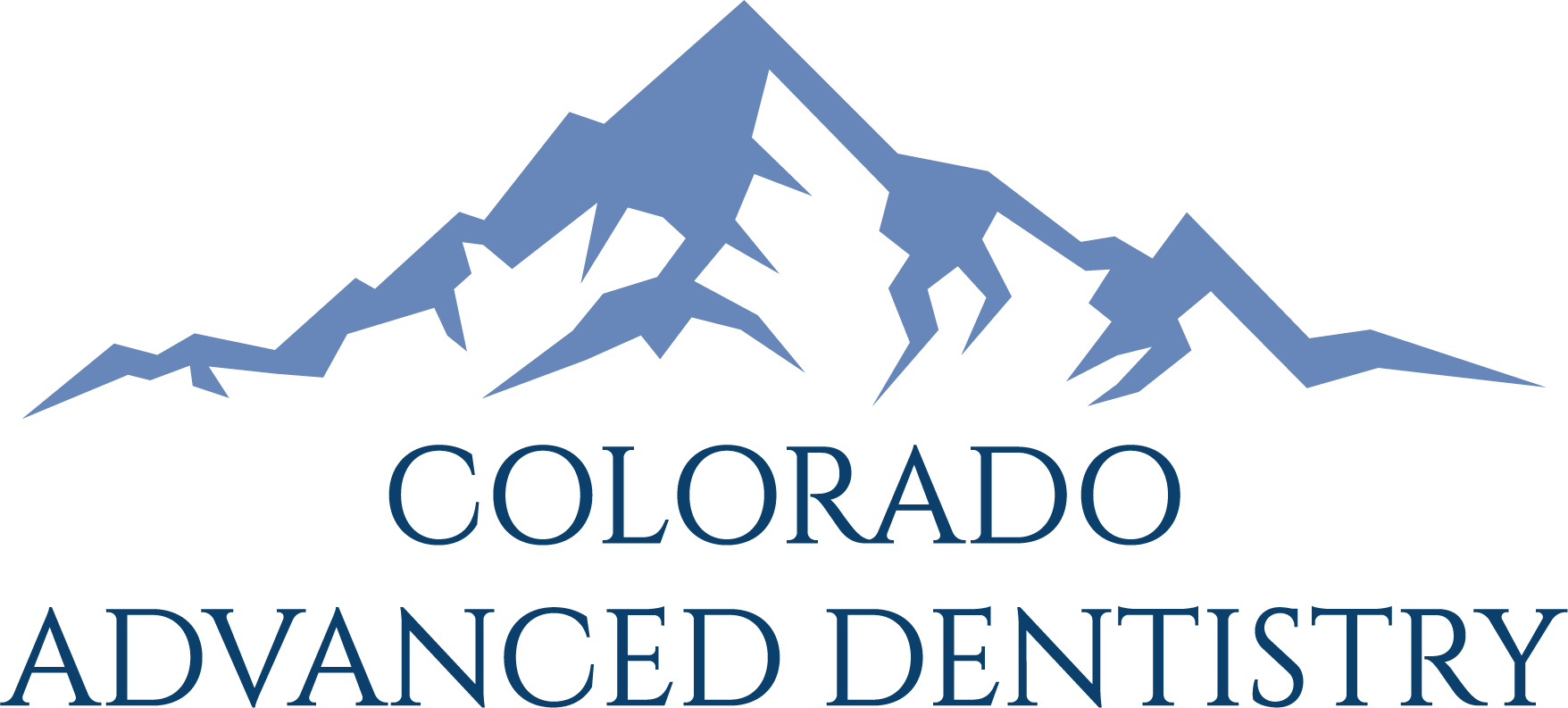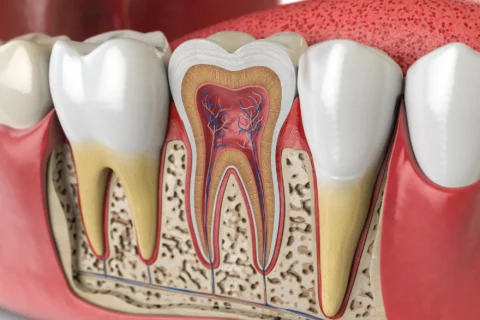What to Do in a Dental Emergency?
Dental emergencies can happen unexpectedly and often cause significant discomfort. Whether it’s a sudden toothache or a knocked-out tooth from an accident, knowing how to handle these situations can make a crucial difference. At Colorado Advanced Dentistry, we understand the urgency of dental emergencies. Our team, led by Dr. Mark Whatcott, is committed to providing prompt, effective care when you need it most. This guide will walk you through recognizing dental emergencies, taking immediate action, and preventing future incidents.
Recognizing a Dental Emergency
The first step in handling a dental emergency is recognizing one. While some dental issues can wait for a regular appointment, others require immediate attention. Here are common signs of a dental emergency:
- Severe toothache: Intense, persistent pain that doesn’t subside with over-the-counter pain relievers.
- Swelling in your mouth or face: Could indicate an infection, especially if accompanied by fever.
- Bleeding from the mouth: Excessive or continuous bleeding beyond minor bleeding after flossing.
- Loose or knocked-out tooth: Adult teeth should not be loose.
- Broken or chipped tooth: May expose sensitive inner layers, leading to pain and increased infection risk.
- Abscess or pus-filled swelling: A clear sign of infection requiring immediate treatment.
- Objects caught between teeth that can’t be removed with floss: Can cause pain and potentially lead to infection.
- Lost filling or crown: Exposes your tooth to potential damage and decay.
If you experience any of these symptoms, seek immediate dental care. When in doubt, it’s always better to consult with a dental professional.
Immediate Steps to Take
While waiting to see a dentist, here are steps you can take to manage pain and prevent further damage:
- Rinse your mouth with warm salt water to reduce swelling and kill bacteria.
- Use dental floss to remove any lodged food.
- Apply a cold compress to the affected area for 15 minutes on, then 15 minutes off.
- For a knocked-out tooth:
- Handle the tooth by the crown, not the root.
- Try to place it back in the socket without touching the root.
- If you can’t reinsert it, keep it moist in milk, saltwater, or between your cheek and gums.
- See a dentist within 30 minutes for the best chance of saving the tooth.
- For a broken tooth: Save any pieces, rinse them gently, and bring them to the dentist.
- For a toothache: Take pain relievers orally as directed, don’t place aspirin directly on the gum.
- For objects caught between teeth: Use dental floss gently, don’t use sharp objects to pry it out.
Remember, these are temporary solutions until you can see a dentist.
When to Visit the Dentist
Seek emergency dental care if:
- You have severe pain unresponsive to over-the-counter pain relievers
- You’ve had a tooth knocked out
- You have excessive bleeding that won’t stop
- You’re experiencing swelling in your mouth or jaw, especially with fever
- You have signs of an abscess, like a pimple-like swelling on your gum
- You’ve lost a filling or crown and are experiencing pain or sensitivity
Delaying treatment can lead to more serious complications, including permanent tooth loss or spread of infection.
What to Expect During an Emergency Dental Visit
When you come in for an emergency dental appointment, here’s what to expect:
- Quick Assessment: We’ll rapidly evaluate your condition.
- Diagnostic Imaging: If necessary, we’ll take X-rays.
- Pain Management: We’ll take steps to manage your discomfort effectively.
- Diagnosis and Explanation: Dr. Whatcott will explain the cause and outline treatment options.
- Immediate Treatment: We’ll provide necessary treatment to address the emergency.
- Follow-up Plan: You’ll receive a clear plan for any follow-up care needed.
Our goal is to resolve your emergency, alleviate pain, and set you on the path to full dental health quickly and comfortably.
Preventing Dental Emergencies
While not all dental emergencies can be prevented, many can be avoided or mitigated. Here are steps to reduce your risk:
- Maintain regular dental check-ups to catch potential issues early.
- Practice good oral hygiene: Brush twice daily, floss daily, and use antiseptic mouthwash.
- Wear a mouthguard for sports or if you grind your teeth at night.
- Avoid chewing on ice, popcorn kernels, or hard candy.
- Don’t use teeth as tools to open packages or crack nuts.
- Address dental issues promptly before they become emergencies.
- Stay hydrated to maintain saliva flow, which washes away bacteria.
- Maintain a balanced diet rich in calcium and vitamins C and D.
The Importance of Quick Action
When it comes to dental emergencies, time is crucial. Quick action can mean the difference between saving and losing a tooth, or between a simple procedure and a complex one. For instance, a knocked-out tooth has the best chance of being saved if it’s reinserted or brought to a dentist within 30 minutes. Similarly, addressing a cracked tooth or lost filling promptly can prevent further damage and more extensive treatments.
Get Dental Emergency Help in Lakewood, CO
At Colorado Advanced Dentistry, we offer extended hours and same-day appointments for emergency cases. Our team is equipped with the latest technology and techniques to handle a wide range of dental emergencies effectively and comfortably.
Don’t let fear or uncertainty keep you from getting the care you need. If you’re experiencing a dental emergency in Lakewood, CO, or surrounding areas, call us immediately at (303) 986-9337 to schedule an emergency appointment. We’re here to help restore your dental health and your smile, no matter the emergency.
Remember, your oral health is an integral part of your overall well-being. By being prepared for dental emergencies and taking quick action when they occur, you’re not just protecting your smile – you’re safeguarding your health. At Colorado Advanced Dentistry, we’re committed to being your partners in dental health, providing compassionate, skilled care when you need it most.


